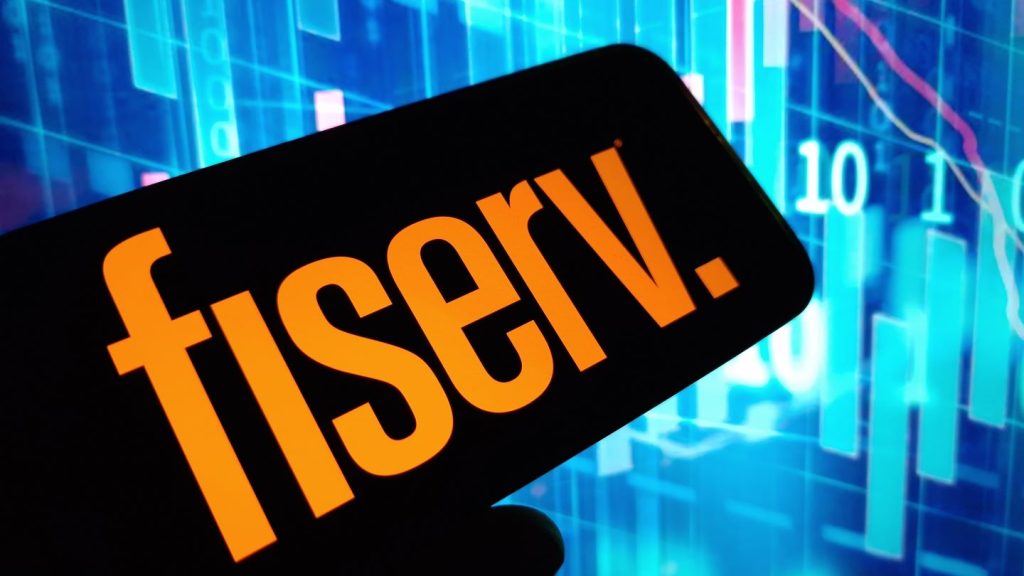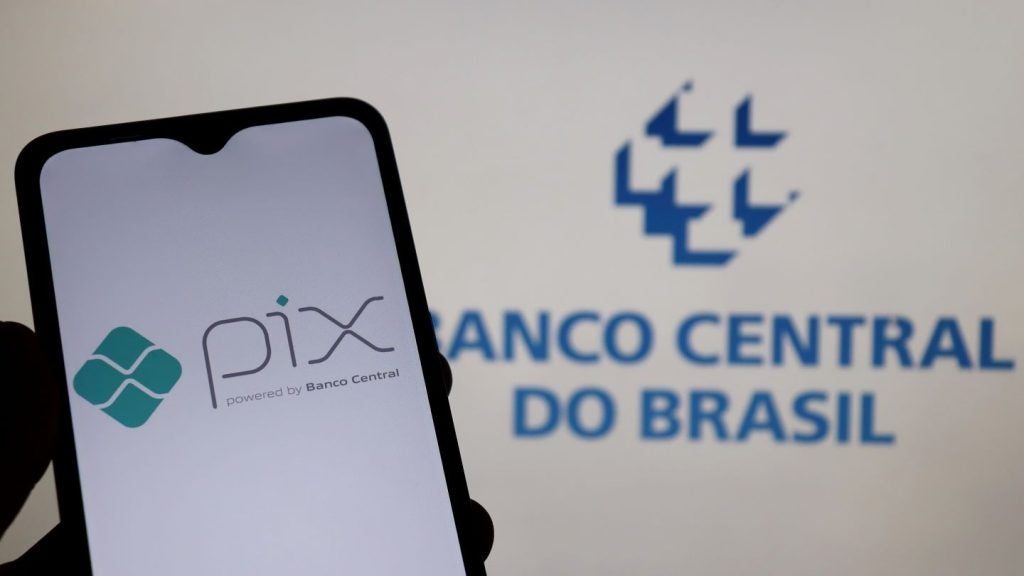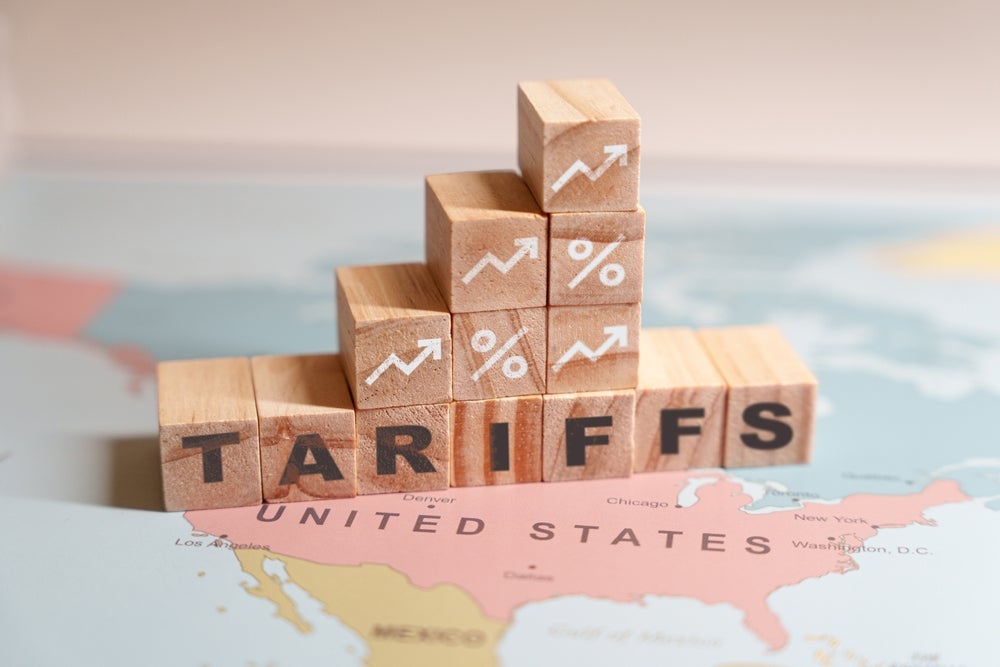2018 has seen a large number of deals in the payments space with large firms – PayPal in particular – making it a part of their strategy. What effect is this level of M&A having on the market? Patrick Brusnahan writes
There are many reasons to partner with – or even buy – another firm. Bigger firms, held back by legacy infrastructure, acquire companies to speed up innovation and add capabilities.
Smaller PSPs collaborate and consolidate in order to gain scale and volume in the payments market. In addition, companies expand into new markets through M&A where they see opportunity. Furthermore, it is a chance to gain a global presence.
The introduction of PSD2 regulation and emergence of open APIs has boosted M&A. Banks are continuing to work with newer players as data is more actively shared. The marketplace model, utilised by neobanks such as Monzo and Starling and increasingly by incumbents, has also accelerated partnerships.
Paypal
One of the biggest online payments players, PayPal, has made a number of large deals in 2018. In May 2018, it splashed out $2.2bn for Swedish payments startup iZettle.
The takeover enables iZettle to accelerate its international expansion including to the US. PayPal now has an in-store presence in 11 markets across Europe and Latin America.
PayPal CEO Dan Schulman said: “Small businesses are the engine of the global economy, and we are continuing to expand our platform to help them compete and win online, in-store and via mobile.”
Founded in Stockholm in 2010, iZettle began by selling credit and debit card readers that could be plugged into smartphones and tablets.
The company boasts around 200 million active customers. Furthermore, PayPal spent $400m to acquire payout platform Hyperwallet in June 2018. Founded in 2000, Hyperwallet enables firms to distribute payments easily under a range of options, such as prepaid card, bank account, debit card, cash pickup and cheque.
PayPal said the acquisition will boost its ability to offer payment solutions to e-commerce platforms and marketplaces worldwide. The transaction will make multicurrency payment capabilities in over 200 markets available to PayPal and Braintree merchants.
At the time, PayPal COO Bill Ready said: “By acquiring Hyperwallet, we will strengthen our ability to provide an integrated end-toend solution to help e-commerce platforms and marketplaces – however large or small – leverage world-class payout capabilities in over 200 markets.”
That same month, Paypal agreed to buy Simility, a fraud prevention and risk management technology provider, for $120m.
These deals show a true sense of ambition from PayPal. It is clearly not resting on its laurels as it expands its offerings. The acquisition of Hyperwallet is particularly interesting as it gives PayPal a further push into physical distribution rather than sticking to online.
In a similar move, it agreed to sponsor NBA basketball team Phoenix Suns, in a move that puts PayPal’s payment tech in the stadium.
Big deals
Banks are getting involved as well. Deutsche Bank, for example, has taken a stake in payment startup Modo for an undisclosed fee.
“Modo’s technology will allow us to provide new transaction services and payment alternatives for the rapidly growing digital economy, for example, vendors who provide products or services like entertainment content or application development and want to be paid in their mobile wallets, an important area of growth,” said Michael Spiegel, global head of Deutsche Bank’s cash management operation.
In addition, Dutch bank ING took a 75% stake in omnichannel services firm Payvision for around €360m. Some deals in 2018 hit the billion-dollar mark.
TSYS completed its acquisition of Cayan in an all-cash deal worth $1.05bn. One aspect of Cayan on which TSYS focused was its Genius platform which, similar to Payvision, concerns itself with omnichannel experiences.
M Troy Woods, chair, president and CEO of TSYS, said: “The addition of Cayan creates great synergies to identify best-inclass opportunities that will drive revenue. Together, we will continue focusing on developing products, technologies and services that merchants we serve want and need to continue to grow.”
However, in May 2018, Worldline spent a whopping $2.75bn to acquire SIX Group’s payments unit. In addition, SIX gained a 27% stake in Worldline. All these deals prove that a number of companies, of all sizes, are finding money to be made.
In addition, the market has seen at least half a decade of new firms. The market is reacting and starting to consolidate. However, the big question is whether the exciting new world of fintech will just be absorbed into the incumbent legacy-hindered market of old. It is very apparent that the money is there for that to happen.







